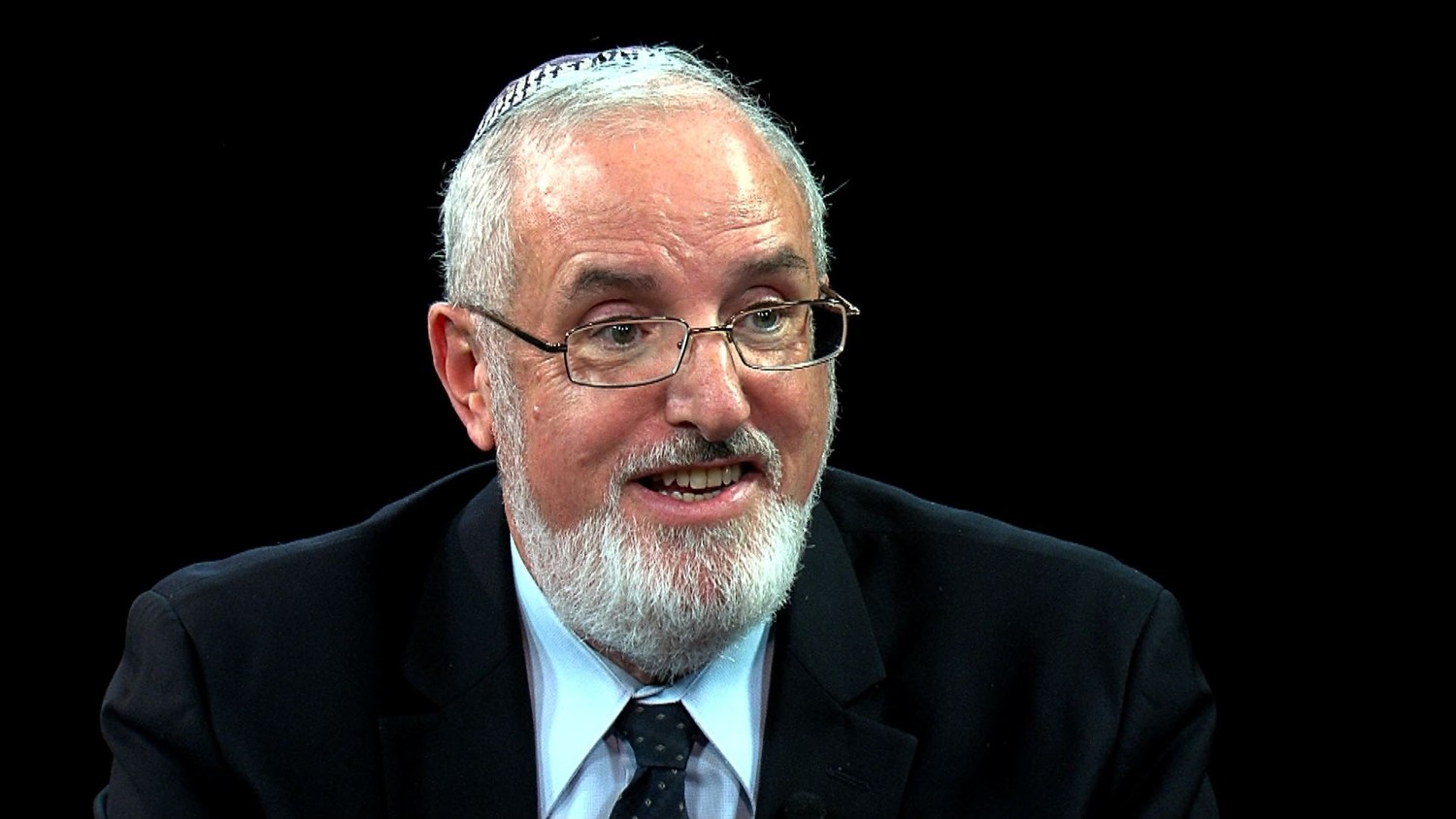Lessons from Elijah for this Shabbat HaGadol
When the Talmud asks a question for which no satisfactory answer is evident, it uses the word “teiku” as a way of indicating that we’ll have to wait for the coming of Elijah — messianic times — to receive the correct answer. Elijah will resolve our questions and difficulties.
Why will we bring our questions to Elijah? After all, the messianic era will include the miraculous resurrection of the dead. That means that Moses will also be among us. Why don’t we bring our questions to him, rather than to Elijah? Moses is our ultimate and greatest teacher of Torah.
An answer was offered in the name of Rabbi Levi Yitzhak of Berdichev. He explained: When Moses died, he ascended to heaven and has remained there all these centuries. But when Elijah ascended to heaven, he still has managed to stay in touch with humanity. Elijah attends our Passover seders; Elijah is present at the circumcision ceremonies of our baby boys; Elijah turns up to help the poor and needy of every generation. While Moses has lost contact with humanity, Elijah has remained closely involved with us. Thus, we bring our questions to him, and not to Moses. Only a sage who is fully aware of and sympathetic to our situation can offer proper religious guidance.
In the haftarah for Shabbat HaGadol, the prophet Malachi tells us that G-d will send Elijah the prophet who “will turn the heart of the parents to the children and the heart of the children to their parents.” Elijah will understand the nature of the “generation gap”—that parents and children are not communicating with each other in a meaningful way.
When we think of the generation gap, we generally imagine it to refer to the rebellion of children from the traditions of their parents. Children feel alienated from the “old ways” and want to break out on their own. Yet, Elijah sees the problem differently.
He first will work on turning the heart of parents to their children. He understands that alienation starts not with the children — but with the parents! The older generation doesn’t listen carefully enough to the younger generation. Parents may be too busy with work, or too busy with their own social obligations; they don’t spend enough quality time with their children. The children receive short, inadequate answers to their questions. The children see their parents say one thing but do another.
The children don’t rebel from their parents so much as they are driven away by their parents’ lack of involvement, concern, demonstration of values and sincerity. So Elijah will first work on parents to reconnect with their children. Afterward, he will work on the children and turn their heart back to their parents.
As we prepare to celebrate Shabbat HaGadol and the Passover festival, let us call to mind the image of Elijah the prophet and his ongoing significance to us. Elijah reminds us how vital it is for religion to stay in touch with reality; for parents to stay in touch with their children; for children to turn their hearts back to the traditions of the older generations.
Rabbi Angel is interim spiritual leader of the Lido Beach Synagogue and rabbi emeritus of the Spanish and Portuguese Synagogue.

 39.0°,
Fair
39.0°,
Fair 




